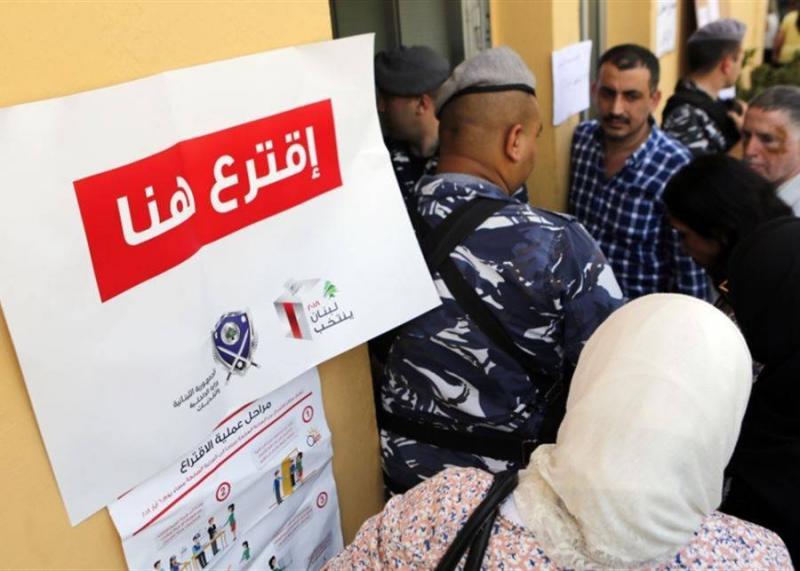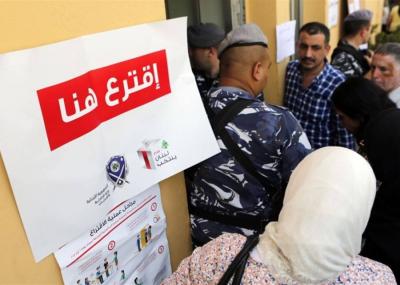Perhaps the strangest aspect of the 2022 elections, in which political forces were deeply engaged in the electoral battle, is that the fight has become centered around Hezbollah's weapons. According to observers, this has brought the political struggle back to its true and natural context, with factions refusing to accept the normalization of its arms because they believe it obstructs political and economic reforms, as evidenced by the experience since October 17, 2019, until now, contrasted with other factions that support the party. The question remains: will the limited days leading up to May 15 mark a decisive period between two Lebanese phases—the victory over the collapsists or remaining in hell?
In light of this, it is not surprising that the candidates who have been subjected to threats or security attacks so far, since the start of the electoral campaigns, come from the ruling authority.
However, electoral experts caution that we cannot overlook the "fifth column," which might find an exit if the candidates of the ruling authority sense defeat, relying on arguments that may seem unrealistic and illogical. Thus, there are those who are apprehensive, especially among competing candidates from outside the authority, as the security protection guaranteed by the state for candidates is not equal, contravening established norms—candidates from the ruling authority benefit from security protection that they use for their safety as candidates and for their electoral campaigns, thereby bringing guards for their images, banners, slogans, and supporters.
According to all this, some provide reassurance, as security sources reported to "Akhbar Al-Yawm" that all military personnel in security forces will be on duty next Sunday, with officers and personnel distributed across hundreds of polling stations in all provinces and districts starting Saturday, May 14. On the following day, the responsibilities of officers, non-commissioned officers, and internal security forces will include the following:
- Facilitating voters' access to polling stations, ensuring the safety of routes leading to the station's location.
- Protecting the polling station by checking all individuals entering it and preventing any disruption towards voters in the vicinity.
- Direct intervention if requested by the head of the polling station to address any disturbance to security and order, or if a crime is witnessed on the premises.
Regarding the security of buildings designated for polling stations from the outside, the Lebanese army will be responsible for their protection. Additionally, Interior and Municipalities Minister Bassam Mawlawi stated that security agencies will collaborate, indicating that election day will be "amazing" based on available resources. According to intersecting security information, there is a document being utilized by domestic and external forces to send messages that are used for various stakes whenever required by influential forces. Reliable political sources indicate that these elections are "the mother of battles" and pivotal; if the ruling forces sense anything suspicious, they will provoke premeditated issues in an attempt to destabilize security, scripting scenarios that may evoke sectarian and religious tensions.
Shadi Helana - Akhbar Al-Yawm




